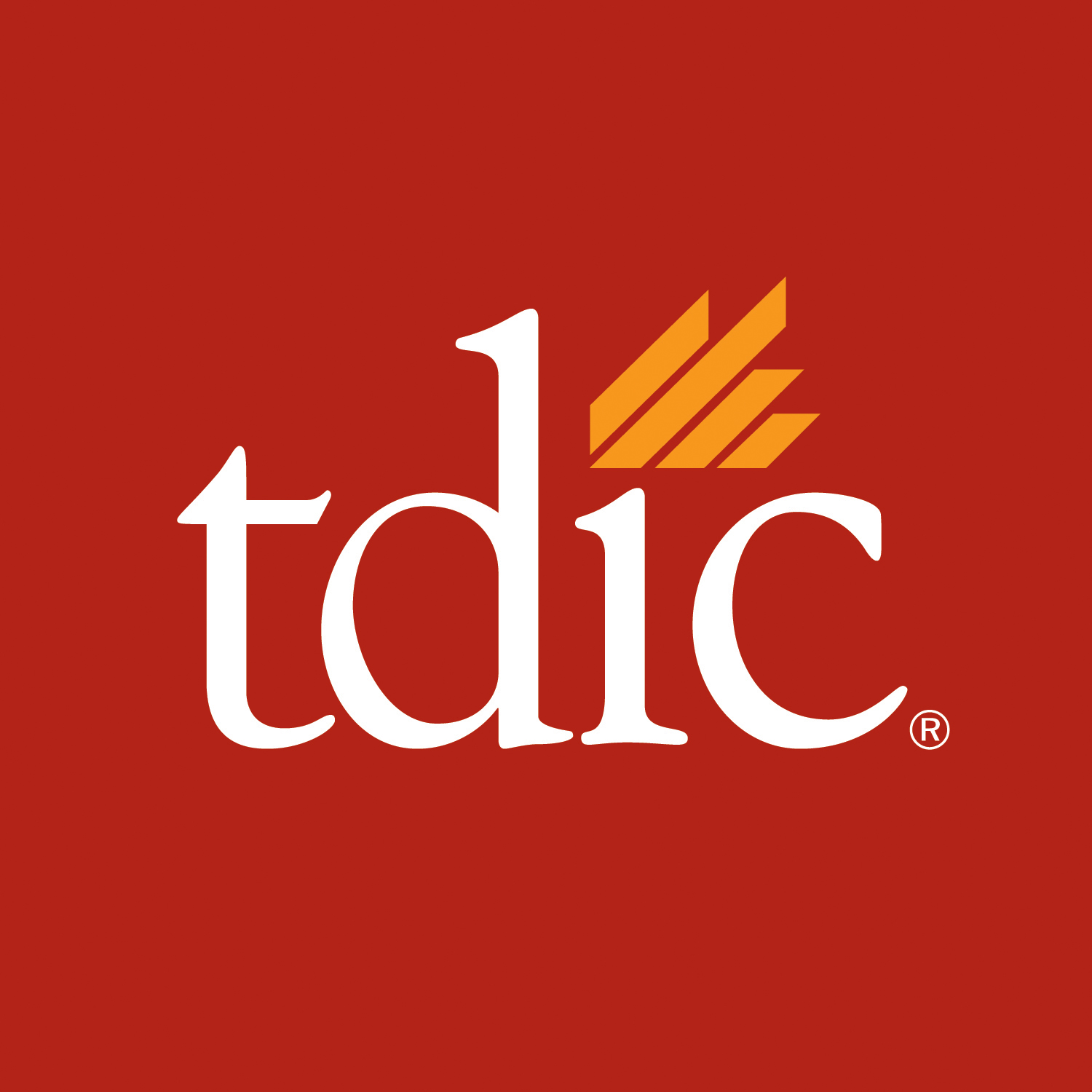
Brushing Aside Politics: Keep Your Dental Office Free of Political Discussions

Today’s political climate is more tumultuous than ever, reaching a level of polarization that often spills into daily interactions. Individuals on all sides are emboldened to share their viewpoints, with conversations taking place in coffee shops, supermarkets, on social media and yes – even in the dentist’s office.
As they frequently do during election years, The Dentists Insurance Company has noted an increase in calls to the Risk Management Advice Line regarding heated pollical debates erupting in the office among both staff and patients. These impassioned discussions can create a negative environment and cause tension among all involved.
Utilize your employee manual to prevent a politicized workplaceWhile individuals certainly have a right to their own opinions, practice owners also have a right to outline appropriate workplace behavior. A good starting point is developing a professional code of conduct for employees specifying what is and isn’t acceptable. Conversation about politics and religion should be off-limits, as should any topic that may cause another employee to feel uncomfortable.
Dentist’s should review their professional conduct policies or develop them if not already documented in their employee manual. The policies should be communicated to all staff members, including associate dentists. The policies can then be applied universally and consistently should an incident occur.
Having clearly defined professional conduct policies in place takes any personal interpretation out of the equation and can protect you in the event an employee makes an accusation of failing to address an uncomfortable situation.
Handling political discussions with patientsPatients, too, sometimes attempt to engage dental practice staff in controversial conversations. While practice owners have no authority over the topics their patients can discuss, they can (and should) intervene if a patient crosses the line.
Advice Line analysts recommend that dentists speak directly with the patient, pointing out that the dental office is no place for political debates. It is important to be firm, brief and specific about what has occurred. Here is an example of language recommended by Advice Line analysts: “While I appreciate your right to express your opinion, your comments were concerning to me, and they made my staff and other patients uncomfortable. It would help us if you could curtail your discussions of politics in our practice and save them for a more appropriate forum. Your cooperation is greatly appreciated.”
If a patient responds to a calm assertion like the above with belligerence or anger, it is reasonable to dismiss them from care. While dismissing a patient simply due to differing political beliefs would be considered discriminatory, dismissing a patient who becomes threating, hostile or does not respect your office policies would not.
The decision to dismiss should only be made if the patient is not mid-treatment. Otherwise, continue treatment and begin dismissal proceedings once the treatment is complete. Be sure to follow a formal dismissal protocol. Before dismissing a patient, contact TDIC’s Risk Management Advice Line for assistance.
In today’s highly politicized world, it is often impossible to escape controversial conversations. While confronting those who are vocal about their opinions can be uncomfortable, it is necessary to ensure a positive experience for patients and staff alike.
TDIC’s Risk Management Advice Line is a benefit to TDIC policyholders. To schedule a consultation with an experienced risk management analyst, visit tdicinsurance.com/RMconsult or call 1.877.269.8844.
For use by the California Dental Association components, the Arizona, Hawaii, Idaho, Nevada, New Jersey, North Dakota, Oregon, Pennsylvania and Washington dental associations, the Alaska Dental Society and the Illinois State Dental Society. If you wish to reprint this article, contact TDIC in advance by emailing info@tdicins.com. If you would like to request edits to this article prior to publishing, include the suggested changes in your email.

